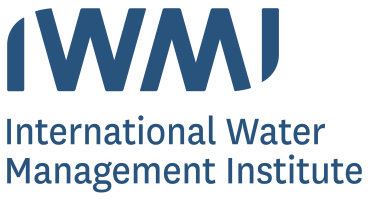IWMI
INTERNATIONAL WATER MANAGEMENT INSTITUTE
IWMI Regional Representative Office for Central Asia, 6 Osiyo Street, Tashkent 100000, Uzbekistan

IWMI Regional Representative Office for Central Asia. We provide knowledge, evidence-based solutions, technical advisory services and capacity building to support inclusive water reform processes in the region, including the development of integrated water resources management frameworks.
IWMI’s strategy is centered around three strategic programs – Water, Food and Ecosystems; Water, Climate Change and Resilience; and Water, Growth and Inclusion – each supported by high-quality science and digital innovation.
IWMI – Stakeholder mapping, review of regional water/data/tools/models for decision-making in Syr Darya Basin, elaborate policies for sustainable benefit sharing and a draft data exchange protocol considering the changing climate. Policy brief on valuing water in the region and recommendations for a more appropriate valuation approach considering multiple values of water.

We provide knowledge, evidence-based solutions, technical advisory services and capacity building to support inclusive water reform processes in the Central Asian region.




